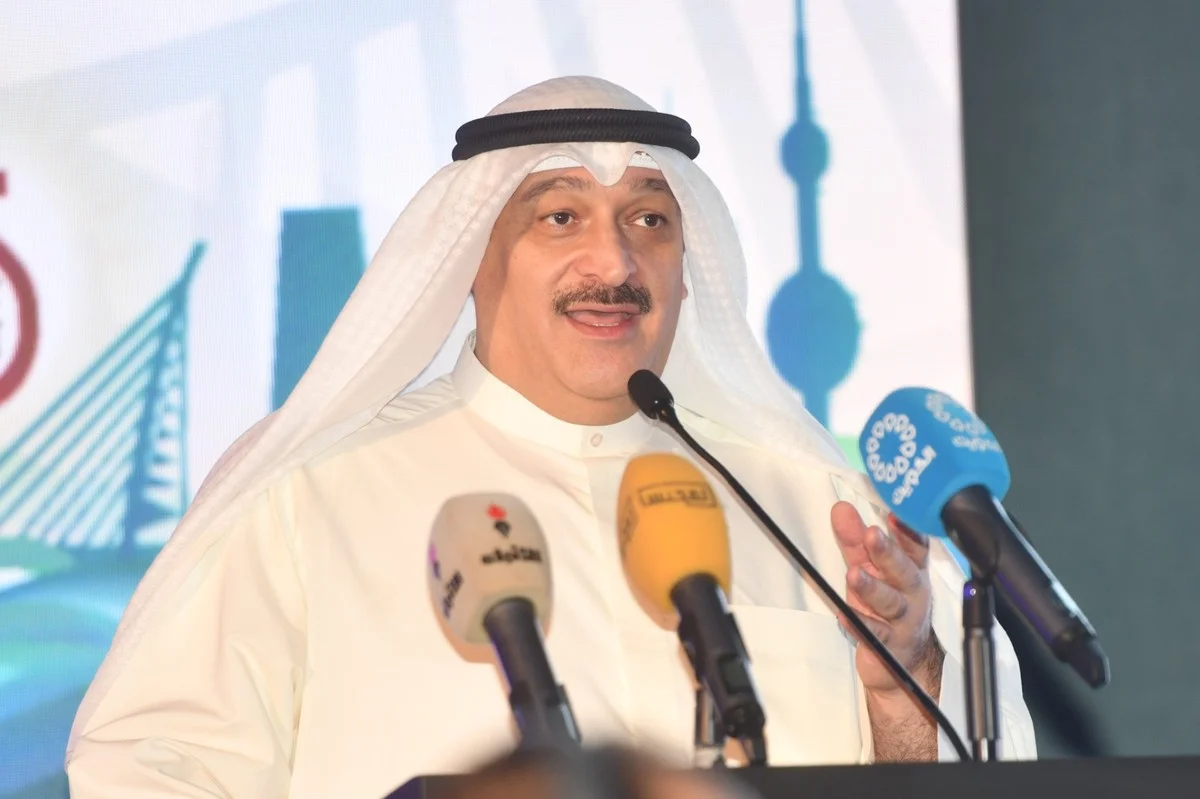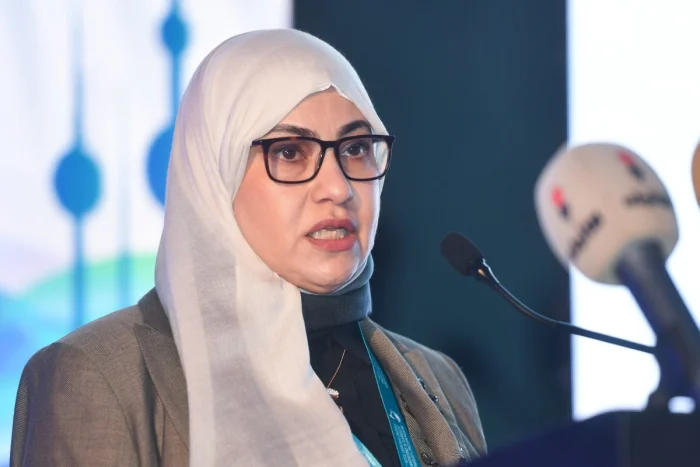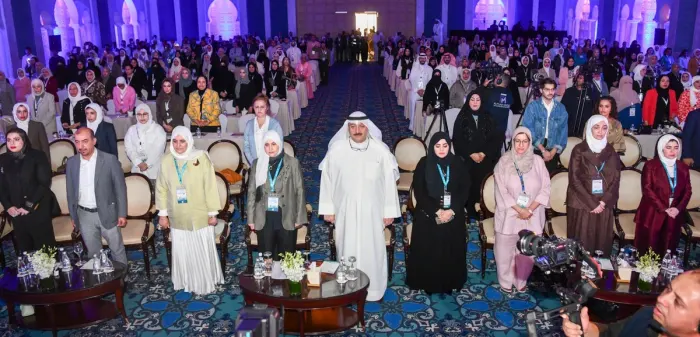20/10/2025
20/10/2025

KUWAIT CITY, Oct 20: Medical laboratories are a cornerstone of Kuwait’s healthcare system, playing a critical role in accurate diagnosis, effective treatment, and preventive care, Minister of Health Dr. Ahmad Al-Awadhi affirmed Monday at the opening of the Seventh Medical Laboratory Conference.
Highlighting the importance of ongoing advancement in laboratory medicine, Dr. Al-Awadhi said the Ministry prioritizes the development of laboratory services through investment in qualified personnel, adoption of cutting-edge technologies, and strict adherence to international standards to ensure reliable diagnostic results and improved treatment outcomes.
The minister underscored the vital role of blood bank laboratories in securing safe blood supplies, serving as the first line of defense for early detection of complex diseases, and enhancing treatment success rates. He also emphasized the preventive function of premarital testing laboratories, which screen for genetic and infectious diseases to ensure health compatibility between couples, thereby protecting future generations and promoting healthier families and communities.
“The achievements we have made in laboratory medicine reflect the Ministry’s commitment to building a modern, efficient healthcare system,” Dr. Al-Awadhi said, stressing a comprehensive approach to expanding and upgrading laboratory infrastructure nationwide.
Dr. Ibtisam Jumaa, chairperson of the conference organizing committee, described the event as a strategic platform that bridges scientific research and clinical practice while reinforcing the pivotal role of laboratories in shaping future healthcare models. The conference, featuring 13 expert speakers from GCC, Arab, and European countries, also explores the ethical aspects of personalized medicine and showcases the international scope and scientific depth of the discussions.
Key topics addressed during the conference include blood disorders, oncology, artificial intelligence in diagnostics, predictive biomarkers, and transfusion medicine. Dr. Jumaa noted that recent technological advancements have substantially reduced human error, improved service quality, and enhanced the accuracy of diagnostic results, enabling more timely and informed clinical decision-making.
Kuwait’s hematology laboratories currently serve seven general hospitals, specialized centers, and primary healthcare clinics across all six governorates, providing comprehensive national coverage for both citizens and residents. Since early 2025, these laboratories have processed over three million samples and conducted more than seven million tests, reflecting the system’s high volume and operational efficiency.
With a staff of 67 doctors, including 13 consultants, the hematology labs maintain stringent quality control and performance standards. Significant investments have been made in rehabilitating existing facilities and establishing new laboratories in response to population growth and geographic expansion.
Dr. Jumaa concluded that the strides made in laboratory medicine embody the Ministry of Health’s ambitious vision to enhance healthcare quality, embrace innovation, foster a culture of excellence, and establish a pioneering model for modern laboratory services in Kuwait.




